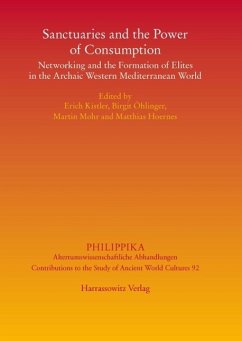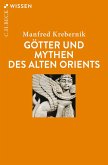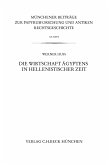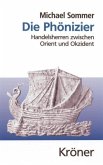In the 6th and early 5th centuries BC, the western Mediterranean formed a hub for trade and transactions, and Greeks, Phoenicians, and Etruscans were the main actors. As people moved, their knowledge, religions, technologies, and fashions moved as well. The migration of people, ideas and goods connected diverse ethnic groups in the Mediterranean region either directly or indirectly. In this shared world, the sacred zones of sanctuaries and places of worship functioned as contact zones of different cultural and ethnic elites under the 'protection of the altar'. The general aim of the Innsbruck conference was - and the present volume continues to pursue this objective - to study western Mediterranean sanctuaries and cult places as arenas of far-reaching networking and the formation of elites, focusing on the power of consumption and the consumption of power. This focus is as much the program as the main question of this volume: Did intercultural entanglements or the 'settings' and 'resettings' of privileges, i.e., the appropriation of goods and technologies of foreign cultures, serve to form and sustain local power claims? The proceedings contain contributions of renowned experts as well as promising young researchers. The papers cover a wide range of different areas of the Mediterranean world from Sicily to southern and Tyrrhenian Italy to the Iberian Peninsula. Most of the sites and excavation results are presented here for the first time, particularly under the specific approach of the conference. This comparative perspective enables a new overall view of western Mediterranean sanctuaries.
Dieser Download kann aus rechtlichen Gründen nur mit Rechnungsadresse in A, B, BG, CY, CZ, D, DK, EW, E, FIN, F, GR, HR, H, IRL, I, LT, L, LR, M, NL, PL, P, R, S, SLO, SK ausgeliefert werden.









